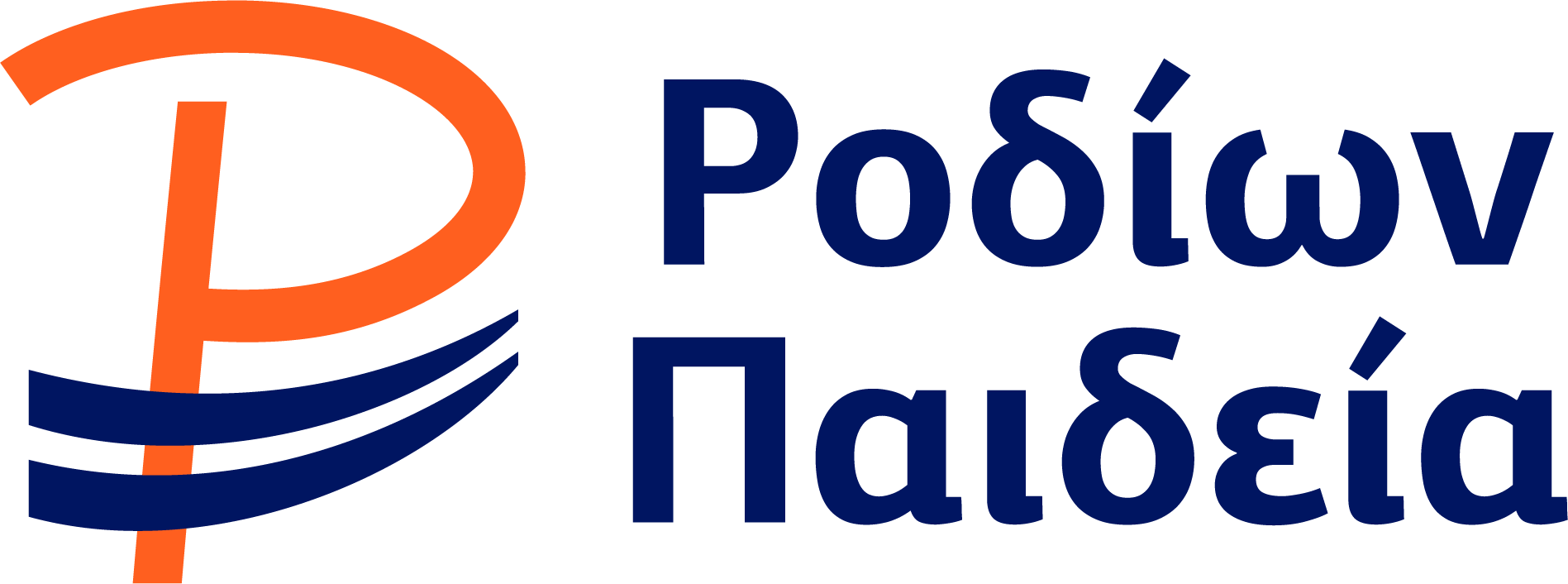
"Do Words Play Hide and Seek?"
Our exploratory conversations start to identify the children's existing knowledge, perceptions, thoughts, and needs. Then, using rich interdisciplinary sources—such as stories, images, videos, poetry, music, movement, painting, puzzles, group work, educational excursions, and collaborations with various organizations like KEPEA-KPE Rhodes, the University of the Aegean, parents, and STEAMwe help children build new knowledge. Through hypotheses, image analysis, observations, and comparisons, they arrive at conclusions and new ideas.
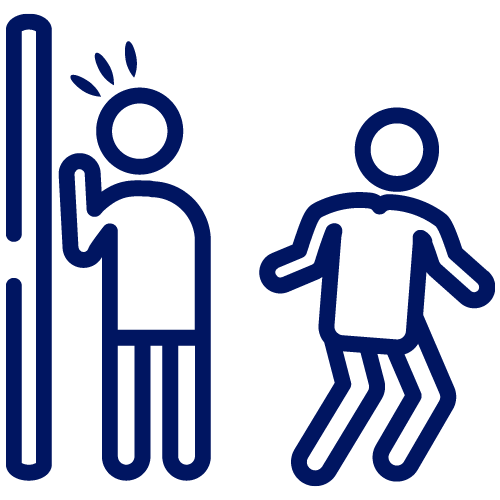

"Literature - Mythology"
"1, 2, 3... Ready or Not"


"The Little Scientists"
Questions and experiments never end, and to reach a reliable conclusion, children need to experiment and observe, drawing their own conclusions.
"Pots and Ingredients in the Kitchen as a Team"
"I have a little barrel with two kinds of wine." What is it?
Let’s reveal the answer—it’s an egg. What can we make with eggs? Depending on the theme that has emerged, children experiment in the kitchen, enriching their knowledge of ingredients, mixtures, and recipes. Through this process, they overcome their natural shyness and try new flavors.
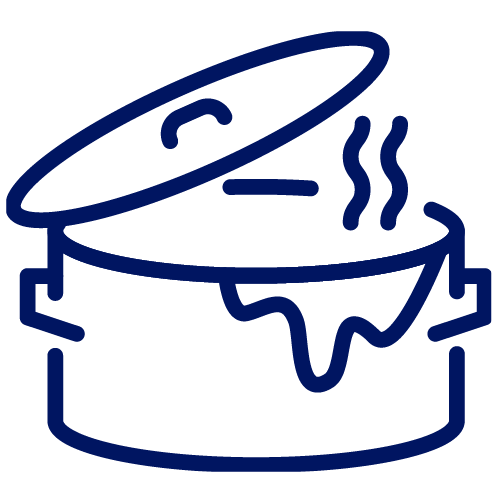
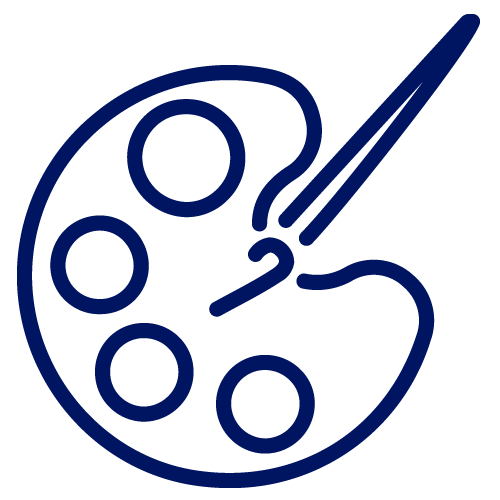
"Colorful Salad"
Children express their creativity through painting and crafts. Many times, they talk about the world, ideas, experiences, and feelings through colors. Brushes, markers, crayons, clay, playdough, and various other materials from recycling, the garden, or anywhere else give children the opportunity to create in their unique way.
"Interview and Excursion"

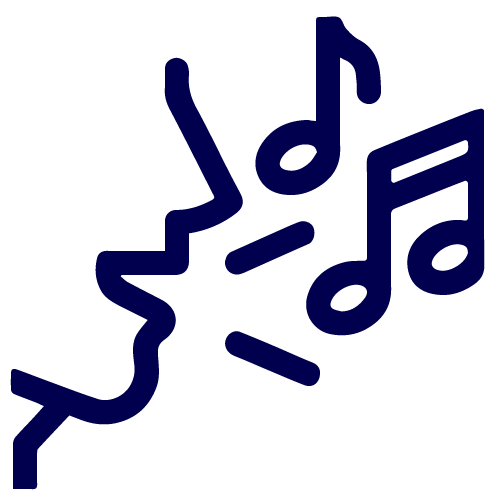
"Play, Sing, and Learn"
Our young students develop their pronunciation and learn to use English as a communication tool. Gradually, they become familiar with the English language, which aligns with learning their mother tongue. The approach is oral, through group activities, games, crafts, singing, movement, and exploration.
"Healthy Mind"
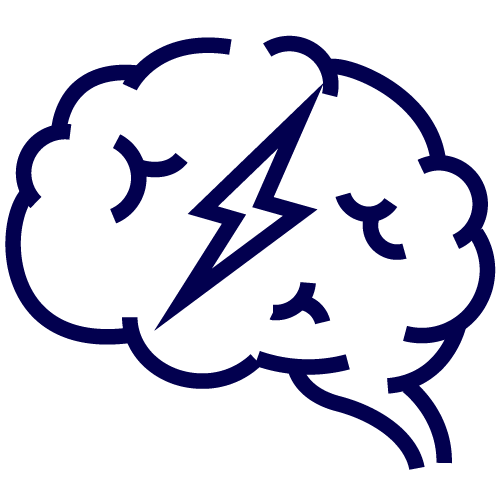
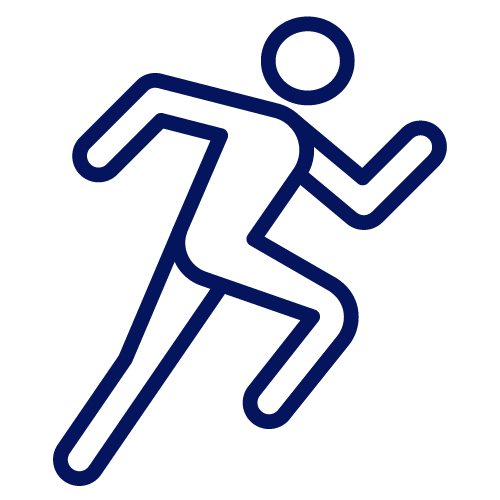
"Rodion Athletics"
"The Crazy Note Finds the Rhythm"
Rhythm and melody guide steps, hands, and the entire body. Children explore the world through sounds, following the music of different cultures. They experiment with the sounds of musical instruments available in the classroom and at RODION Odeion. Participation in theater performances as a choir and creating original songs for participation and distinction in the Panhellenic Competition "European School Radio - Make It Heard" fuels our extroversion.

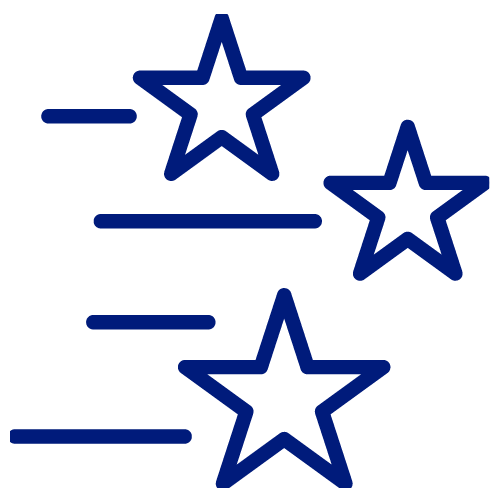
"Stars on Stage"
- Observe this painting. How are the people standing, and what are they doing? Can you form the painting in small groups?
- You are rays of white light that run faster than anyone else in the universe. You enter the Earth's atmosphere, but look, tiny raindrops are in front of you. You run through them laughing, and the playful water droplets shout, "Boo! Refraction." You then show all your colors and become a beautiful rainbow.
- The fox silently hides behind the tree. What does it observe? What does it want?
- Move to the music. I want to see the emotion that the music evokes in your body and face.
Imitation and role-playing are part of children's daily routine. They "become" what they love, admire, and sometimes fear. They create relationships and, at the same time, in the learning process, have the opportunity to experience, with their body and words, what they are trying to understand, channeling their energy in this way.
Children have the opportunity to become actors on stage twice a year, during our Christmas and summer celebrations.
"My Friend the Mouse"
The world of information opens up before them. With so many stimuli—linguistic, auditory, visual, tactile—children have the opportunity to learn at their own pace and according to their specific needs.


